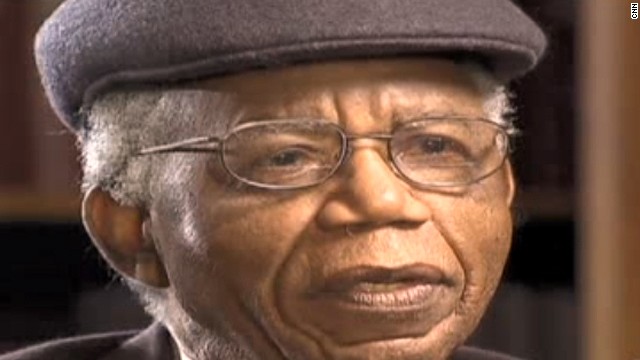
He stayed in the US in a nineteen-year tenure at Bard College as a professor of languages and literature. He lived in the United States for several years in the 1970s, and returned to the US in 1990 after a car crash left him partially paralyzed. When the Nigerian government retook the region in 1970, he involved himself in political parties but soon became disillusioned by his frustration over the continuous corruption and elitism he witnessed. The subsequent Nigerian Civil War ravaged the populace, and he appealed to the people of Europe and the Americas for aid.

Published in The Massachusetts Review, it featured criticism of Albert Schweitzer and Joseph Conrad, whom Achebe described as "a thoroughgoing racist." When the region of Biafra broke away from Nigeria in 1967, Achebe supported Biafran independence and acted as ambassador for the people of the movement. In 1975 he gave a controversial lecture, " An Image of Africa: Racism in Conrad's Heart of Darkness", which was a landmark in postcolonial discourse. He wrote in and defended the use of English, describing it as a means to reach a broad audience, particularly readers of colonial nations. In less than 10 years he would publish four further novels through the publisher Heinemann, with whom he began the Heinemann African Writers Series and galvanized the careers of African writers, such as Ngũgĩ wa Thiong'o and Flora Nwapa.Īchebe sought to escape the colonial perspective that framed African literature at the time, and drew from the traditions of the Igbo people, Christian influences, and the clash of Western and African values to create a uniquely African voice. Moving to Lagos after graduation, he worked for the Nigerian Broadcasting Service (NBS) and garnered international attention for his 1958 novel Things Fall Apart. He excelled in school and attended what is now the University of Ibadan, where he became fiercely critical of how Western literature depicted Africa. In the West, Achebe is often referred to as the "father of African literature", although he vigorously rejected the characterization.īorn in Ogidi, Colonial Nigeria, Achebe's childhood was influenced by both Igbo traditional culture and postcolonial Christianity.

Along with Things Fall Apart, his No Longer at Ease (1960) and Arrow of God (1964) complete the "African Trilogy" later novels include A Man of the People (1966) and Anthills of the Savannah (1987). His first novel and magnum opus, Things Fall Apart (1958), occupies a pivotal place in African literature and remains the most widely studied, translated, and read African novel. Chinua Achebe ( / ˈ tʃ ɪ n w ɑː ə ˈ tʃ ɛ b eɪ/ ( listen) born Albert Chinụalụmọgụ Achebe 16 November 1930 – 21 March 2013) was a Nigerian novelist, poet, and critic who is regarded as a central figure of modern African literature.


 0 kommentar(er)
0 kommentar(er)
